The Effects of Trauma on the Family
I want to talk about how trauma affects families. I think we often do not consider the devastating effects of trauma beyond the individual. To get our minds focused, I want to share a few responses as to why people stopped attending church from my Church Trauma surveys. I want you to pay attention and consider how the whole family was likely affected by these traumatic experiences:
- [I quit attending church because] I had trauma due to my husband’s addiction.
- [I quit going to church because] I am going through a divorce. It is not my fault but being a man, I was blamed for it.
- [I quit attending church because] my step father stopped me from attending, even though he was a member.
 [I quit attending church because] it is extremely difficult to be a mom and go to church without a husband that attends. It is hard to keep my kids well behaved. It is so sad for me to see other families with kids when one of mine can’t be there because she has to go to her dads.
[I quit attending church because] it is extremely difficult to be a mom and go to church without a husband that attends. It is hard to keep my kids well behaved. It is so sad for me to see other families with kids when one of mine can’t be there because she has to go to her dads.- [We quit attending church because] my husband was sick and the bishop didn’t understand. He even threatened to take away our recommends.
- I am not allowed to attended church by my abusive husband.
- [I quit attending church because] my father was only disfellowshipped for sexually abusing (rape) me as a child. To me it felt more was being done to help him come back to the church than I was given any help.
- [I quit attending church because] my husband became inactive. There are only so many answers I had to the question of why he was not there. And it slowly broke me down. He was also very emotionally abusive at home and I was just shot and had no self-worth. I felt isolated. I was also living in Utah at the time and I didn’t have any friends in the ward.
- [I quit attending church because] I was tired of being asked to do everything. Just really burned out from serving all the time and not having time for my family.
- [I quit attending church because of] loneliness at church. I was divorced and felt lost.
- [We quit attending church because] we had a mentally fragile son and then he died. We couldn’t bring him to church and then when he died at 7 months, I went through depression. I didn’t want to be separated from my husband and living child for the last two hours of church.
- [I quit attending church because] I felt like an outsider and my views didn’t quite mesh completely with doctrine and perceived rules.
- [I quit attending church because] my mother was on meth and I was paranoid that someone would figure it out.
- I was constantly being picked on by one particular girl and her mother, who was in a leadership position. I tried to talk with the bishop about it and things got worse for me. Since she was not released, I refused to attend where she was “in charge” of me.
- [I quit attending church because] I felt marginalized being childless. It was painful to be at church around the new babies and all the bumps and unplanned pregnancies.
Maybe it’s easy to disregard these stories and experiences. Maybe it’s simple 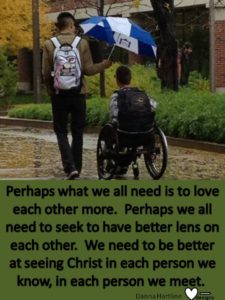 to label them as just lame excuses. Maybe it’s convenient to say all these people were weak when they needed to be strong and that they should not have let trivial reasons get in the way of church activity. While I do not like the flavor of such sentiments, it is something I am not touching in this article.
to label them as just lame excuses. Maybe it’s convenient to say all these people were weak when they needed to be strong and that they should not have let trivial reasons get in the way of church activity. While I do not like the flavor of such sentiments, it is something I am not touching in this article.
But what I am touching here is the deep way these experiences hurt these people to the point of no longer attending church. There’s some anguish exhibited here. There’s pain. I want to address how such traumatic experiences hurt not just individuals but also their families. We often don’t see that. But it needs to be considered and understood. Yes. So let’s look at how trauma distinctively impacts families, particularly children and spouses.
Parental Trauma and Children
When we talk about trauma, we are talking about families. Let us not forget that. No man is an island.
Of particular interest is that studies indicate that if a woman is being mistreated—in the home or in other environments—her children are also likely to be mistreated in that same environment (Namy, O’Hara, Nakuti, Bukuluta, Lwanyaaga, & Michau, 2017). Such findings point to a need for greater awareness on treatment toward women to ensure better  care for the rising generation. Indeed, weaker family functioning has been significantly associated with poorer mental health (Sangalang, Jager, & Harachi, 2017). In a church setting, this research lends us to a need to consider the importance of how women, in particular, in the church are treated. Church leaders need to be very sensitive and careful of how they treat the women they lead, what they ask of the women in the Church, and how they respond to their needs and concerns. For what is done to a mother, is also indirectly being done that her children, thus affecting generations.
care for the rising generation. Indeed, weaker family functioning has been significantly associated with poorer mental health (Sangalang, Jager, & Harachi, 2017). In a church setting, this research lends us to a need to consider the importance of how women, in particular, in the church are treated. Church leaders need to be very sensitive and careful of how they treat the women they lead, what they ask of the women in the Church, and how they respond to their needs and concerns. For what is done to a mother, is also indirectly being done that her children, thus affecting generations.
Church leaders and traumatized parents need to be aware that due to the extensive and invasive effects of trauma in all areas of functioning, family members may also develop secondary traumatic stress (STS) (Monk, Oseland, Goff, Ogolsky, & Summers, 2017). We need to understand that children often “connect vicariously with the pain and suffering” of their parent’s trauma, which can heighten family conflicts as family members often begin to feel estranged from each other after a trauma (Basham, 2009). In the aftermath of trauma, families try to find “normal” again but soon learn that “normal,” as they once knew it, is no longer available.
Additionally, those traumatized may manifest avoidance tendencies and emotional numbing in response to their child’s reactions toward them. When an attempt to get closer to a traumatized is encountered with intolerance and disregard, family cohesion is likely to be hindered and the gaps between family members may deepen as children may avoid contact due to unexpected rage (Zerach, Solomon, Horesh, & Ein-Dor, 2012). This can also be true for close friends and church associates. Knowing how to help the traumatized can be so confusing and hard to bear. Everyone trauma touches can suffer and struggle.
The way parents handle their trauma is so very hard in a moment of extreme emotional upset but their responses play a crucial role in helping children work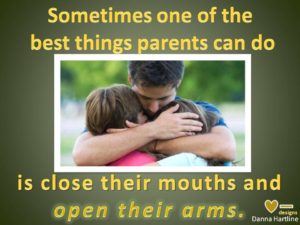 through their own distress. One study indicated that older children in particular seem susceptible to STS, indicating a greater likelihood of carrying more scars than younger children, who seem more resilient and more versatile in moving through the hardship with less difficulty (Speight & Speight, 2017).
through their own distress. One study indicated that older children in particular seem susceptible to STS, indicating a greater likelihood of carrying more scars than younger children, who seem more resilient and more versatile in moving through the hardship with less difficulty (Speight & Speight, 2017).
A pattern that has shown to be particularly harmful on younger children, however, is when traumatized mothers withdraw from their children, becoming emotionally unavailable. Another harmful pattern is when mothers are preoccupied with the trauma and thus re-expose their children to traumatic reminders often (Tutus & Goldbeck, 2016). This is of particular concern as mothers who were mistreated at church often have few options made available to her–she often feels trapped, feeling or “knowing” she still must attend church. Thus feeling forced to go back to the traumatic location (the church building) often, they re-expose themselves and likewise their children to traumatic reminders every time the family attends church. This can be very damaging to the entire family, especially when one considers that mistreatment is likely happening simultaneously to the children in that same environment.
Some may be saying, “Wait a second. Such extreme hardship and mistreatment does not happen at church!” Someone even recently said to me, “There is no such thing as church trauma.” To say that is to disregard my family’s last twelve years. I am here to attest that it does happen, that church trauma is real, (and you might have even been present and not even realized undercurrents and experiences happening around you) and such experiences can be very damaging to an entire family system.
The truth is, trauma is not only homicide to the individuals it hits but also to the whole family. Indeed, too often, trauma violates prior explanations and meanings for life for the entire family. Thus, if parent-sufferers are not careful, trauma can be a great destroyer of dreams, of religious faith, and of spiritual practices not only for themselves but also for their children (Northcut & Kienow, 2014).
Trauma and Marriage
It is concerning that among post-traumatic stress disorder (PTSD) sufferers in general, studies have reported outbursts of hostility and rage, avoidance, and aggression towards spouses and children (Northcut & Kienow, 2014; Smid, van der Velden, Lensvelt-Mulders, Knipscheer, Gersons, & Kleber, 2012) and difficulties in intimacy and marital communication (Zerach et al, 2012). Matters are further complicated when trauma victims can no longer perform simple tasks such as attending church without defensive (protective) hyper-arousal tendencies occurring (Northcut & Kienow, 2014). Because of these complications, a marriage can be particularly at risk post-trauma.
Indeed, it is not uncommon for a once stable marriage to falter under the pressures of trauma as couples experience intense emotional problems and challenges (Speight & Speight, 2017). In fact, many trauma victims reported lower marital satisfaction, articulating their desires and intentions to end their  marriages (Zerach et al, 2012). Of particular concern is that research suggests that secondary traumatization (STS) is one of the main factors in decreased relationship satisfaction and distress among couples coping with trauma (Monk et al, 2017). So although a partner may not have directly experienced the trauma, through close contact with the survivor, the partner may begin to manifest symptoms that parallel those of the survivor, increasing compassion fatigue, distress, and despair.
marriages (Zerach et al, 2012). Of particular concern is that research suggests that secondary traumatization (STS) is one of the main factors in decreased relationship satisfaction and distress among couples coping with trauma (Monk et al, 2017). So although a partner may not have directly experienced the trauma, through close contact with the survivor, the partner may begin to manifest symptoms that parallel those of the survivor, increasing compassion fatigue, distress, and despair.
Conclusion
Everyone in the family is affected when someone in the family is hurt. We need to remember that the family is a vibrant not a static system. Thus, when an emotional crisis occurs, the whole family is hit, bringing about a threat to the family’s structure, functioning, and satisfaction. Emotions also greatly fluctuate after a life upset, increasing the likelihood of mood and anxiety disorders, phobias, conduct disorder, and substance abuse among family members (Shaw, 2000). Hence those dealing with trauma need to be very aware of the effect their trauma is having on their family. Church leaders also need to be very sensitive and aware of families who are in distressful, traumatic circumstances. Leaders need to acknowledge their limitations in knowledge and services and do all they can to see that these traumatized families are not marginalized, overlooked, and lost during moments of crisis.
**In upcoming articles, ideas for successful navigation will be explored. Research shows some encouraging hope for traumatized families. Please stay tuned.
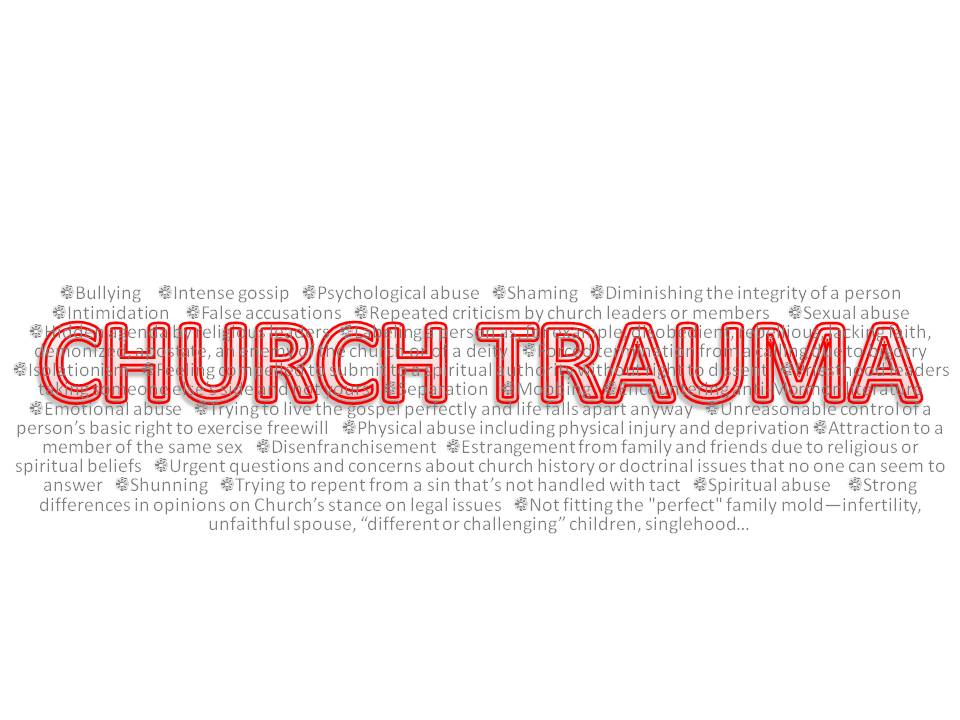
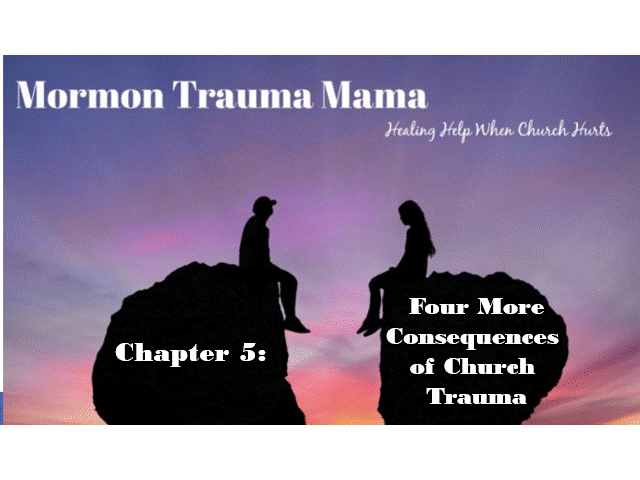
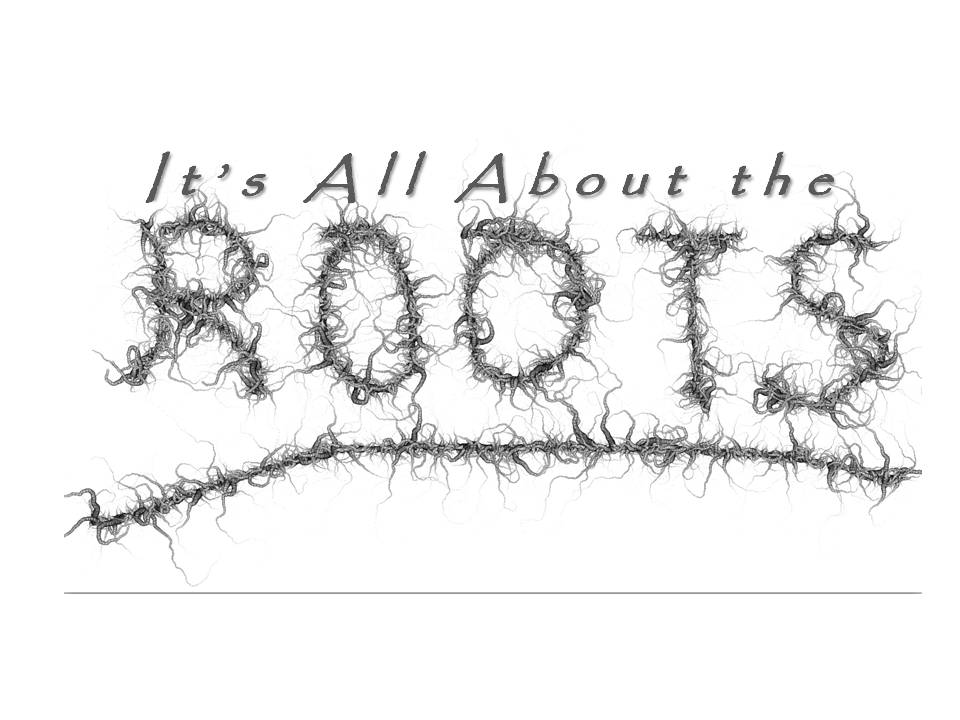

4 Comments
C Vazquez
The rippling effects of trauma reach far and wide
Carrie
I know this all too well. I’ve lived with trauma my whole life.
Robyn L.
Amen!!
Maggie Barnes
My world has crumbled because of the choices of others. Truly no man is an island. And it hurts. Thank you for spreading awareness.